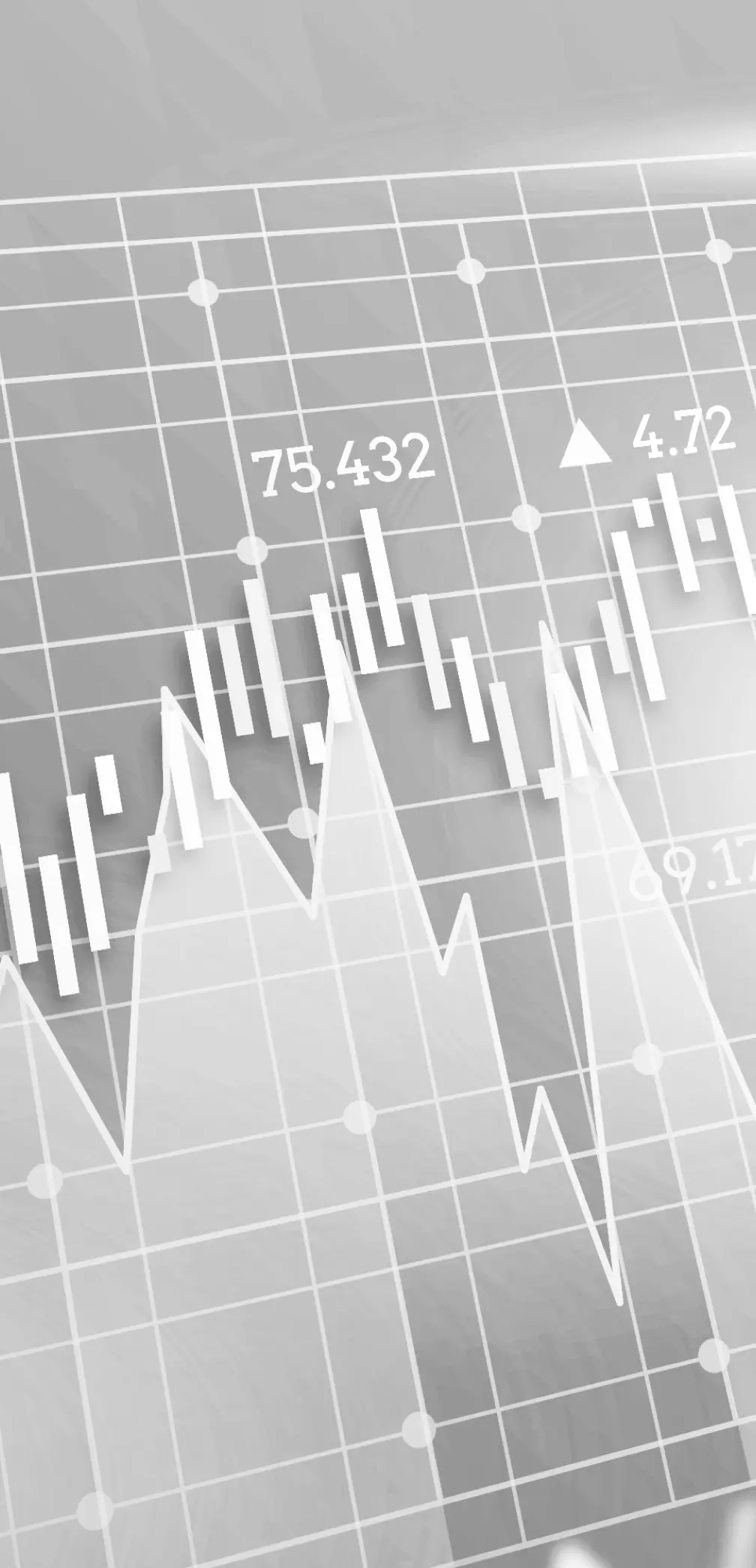Dumping… or validation?
When early investors or team members sell, too many people panic for no reason. They worry that investors are getting out before a crash, or paranoid that the sellers know something the market doesn’t. Accusations flare up and many are quick to call it ‘dumping’, and in doing so, they injure both the project they are trying to protect, and the wider market they participate in.
This misconception is damaging, and the thinking is backwards. Too few understand the role VCs play in bringing early stage projects to maturation, and why a secondary sale of illiquid assets isn’t the beginning of the end, but merely the end of the beginning.
Private markets dwarf public markets. They operate differently and have two distinct clienteles. The actors and agents in the private market are special beasts: smart, professional, and regulated. There are enormous risks that need to be managed in the daily operations of a VC that dwarf those of the retail buyer. Every deal is subject to the strictest scrutiny and performed under specific restraints.
Agents in the private market never operate with emotions. It’s not a whim for them – it’s a business, a business of getting well-researched, guaranteed profit on their investments.
So if a large tranche of previously locked assets gets sold, it usually means one thing: someone smart, professional, and regulated is buying. That deal likely took months to structure, backed by due diligence and fiduciary responsibilities to their investors. It’s a signal that the project is ready for the next phase.
If a large tranche of previously locked assets gets sold, it usually means one thing: someone smart, professional, and regulated is buying.
You think that is a rejection of a project? Quite the opposite, that’s its ultimate validation. It’s not a red flag, it’s a green one.
If VC assets are creating liquidity, it’s because their capital, risk, and network have helped get the project this far. And if someone’s buying that stake, it’s because they believe it can go even further.
A secondary sale isn’t some act of opportunism, it’s part of how real capital cycles work.
So, stop calling it dumping. It damages investment, it damages projects, and ultimately damages Web3.
Just because a foundation, founder, or VC is selling, it does not mean a project is somehow doomed. The question here is simple – are you smarter than the buyer? That secondary deal was most likely agreed months ago, often locked in by legal requirements, fund timelines, or internal policies..
Of course, there are exceptions. Always have been. But exceptions prove the rule. Parties can overprotect their interests at the expense of others. Yet in the private market, without trust, you are done.
Operators like that fail fast. Large-scale asset divestments are simply part and parcel of the business as a whole. Most secondary sales go to long-term holders like institutions, future strategic partners, and infrastructure providers.
In private markets, the rules of engagement are different. You can’t just wake up one day and strip your portfolio on a whim. Selling and buying are harder than you think at this scale.
And if someone’s selling, someone else is buying.
That’s not dumping, that’s healthy economics – it’s about time we all recognized it.
Oleg Ivanov, COO & Co-Founder SecondLane




